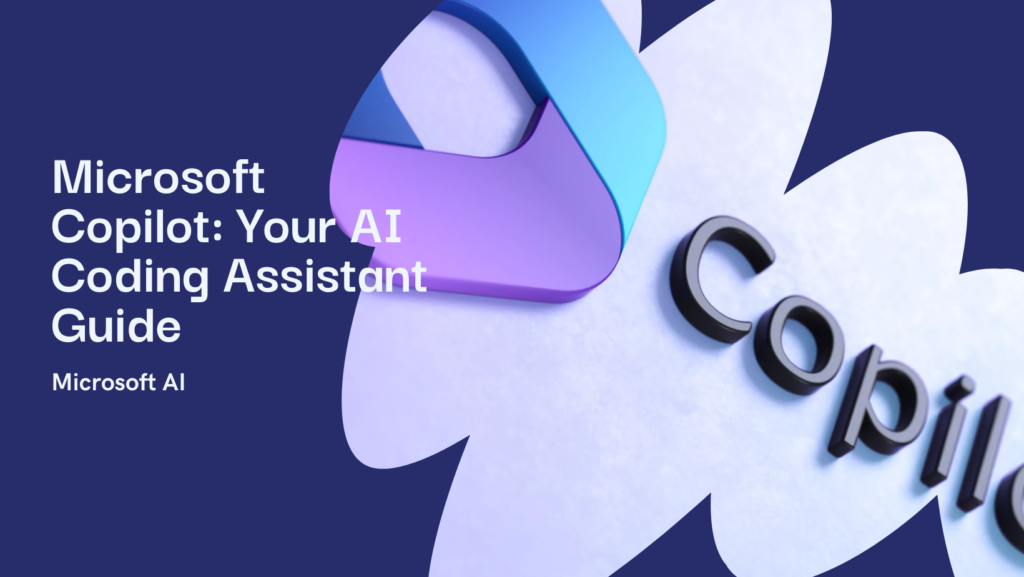In recent years, artificial intelligence has taken center stage in transforming various industries. One remarkable example of this is Microsoft Copilot, an AI-powered coding assistant developed by OpenAI in collaboration with GitHub and Microsoft.
Launched to the public in 2021, Microsoft Copilot is an innovative tool that promises to revolutionize the way developers write code. Let’s delve into the fascinating world of Copilot, its features, capabilities, and potential implications for the future of software development.

Microsoft Copilot, AI-powered coding assistant
Understanding Microsoft Copilot
Microsoft Copilot is a product of the collaboration between OpenAI, GitHub, and Microsoft. It is built on the GPT-3 language model, which is an advanced AI system capable of natural language understanding and generation. The primary objective of Copilot is to augment developers’ coding experience by providing real-time code suggestions and completions as they write.
Seamless Collaboration with Developers
One of the most impressive aspects of Microsoft Copilot is its seamless integration with Visual Studio Code, a widely-used code editor. As developers type, Copilot analyzes the context and provides relevant code snippets, almost acting as a virtual co-pilot to the coder. The AI-driven collaboration has the potential to bridge the gap between novices and experts, democratizing coding knowledge and making the field more accessible to newcomers.
Microsoft Copilot, AI-powered coding assistant
At the core of Microsoft Copilot’s value proposition lies its ability to significantly enhance productivity and efficiency. By reducing the need to search for documentation and memorize intricate syntax, Copilot allows developers to focus on the logic and creativity behind their code. This results in a more streamlined workflow, faster development cycles, and ultimately, the ability to bring projects to fruition in record time.
The Power of Contextual Learning
Microsoft Copilot’s capabilities go beyond mere code suggestions. It boasts an impressive contextual learning mechanism that enables it to learn from user interactions. As developers engage with Copilot, providing feedback and making corrections, the AI model refines its responses. This iterative learning process ensures that the tool becomes increasingly intelligent and relevant over time, making it an even more valuable asset in the development journey.
Ethical Considerations
While Microsoft Copilot offers immense potential, it also raises some ethical concerns. The AI model is trained on vast amounts of publicly available code, and there is a possibility that it could inadvertently generate code that resembles copyrighted or proprietary material. Striking a balance between fostering creativity and avoiding plagiarism is crucial for maintaining a fair and ethical coding environment.
The Future of AI in Coding
As the popularity of Microsoft Copilot grows, it opens the door to a new era of AI-driven coding assistance. The success of this tool is likely to inspire the development of more sophisticated and specialized AI models tailored to various programming languages and domains. The future of coding could be significantly influenced by AI, with developers relying more on intelligent assistants like Copilot to simplify their coding endeavors.
Finally, Microsoft Copilot represents a groundbreaking innovation in the field of software development. As this technology evolves, it is crucial for the development community to remain vigilant about ethical considerations and responsible use, ensuring that AI complements human ingenuity rather than overshadowing it.
With Microsoft Copilot leading the way, the future of coding with AI appears promising, revolutionizing how we build software and inspiring a new generation of developers.




